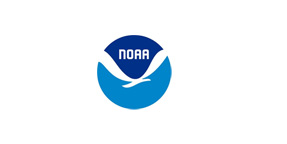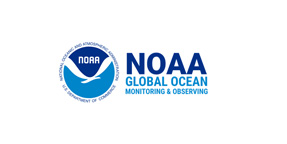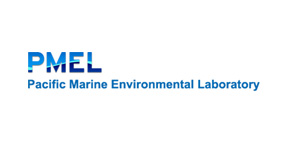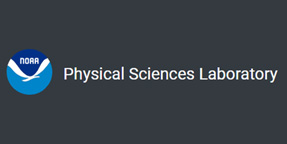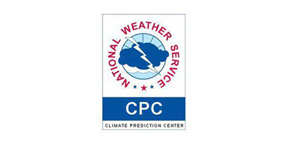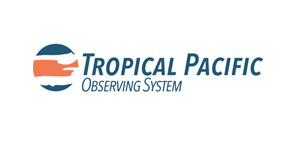Tropical Pacific Observing System (TPOS) Equatorial Pacific Experiment (TEPEX)
TPOS Overview
TPOS 2020 is an international effort to advance our understanding and prediction of tropical Pacific variability and its profound consequences for agriculture, marine ecosystems, human health, and disaster preparedness globally. The Tropical Pacific Observing System works toward a capable, multi-discipline system to improve subseasonal and longer forecasts.
TEPEX Overview
CPO’s Climate Variability and Predictability (CVP) Program is supporting these efforts by furthering modeling and pre-field planning. The TPOS Equatorial Pacific Experiment (TEPEX) will fill knowledge gaps in ocean-atmosphere connections that are essential to refine TPOS and enhance connections with predictive models. This work will support tropical Pacific field campaigns in 2026-28.
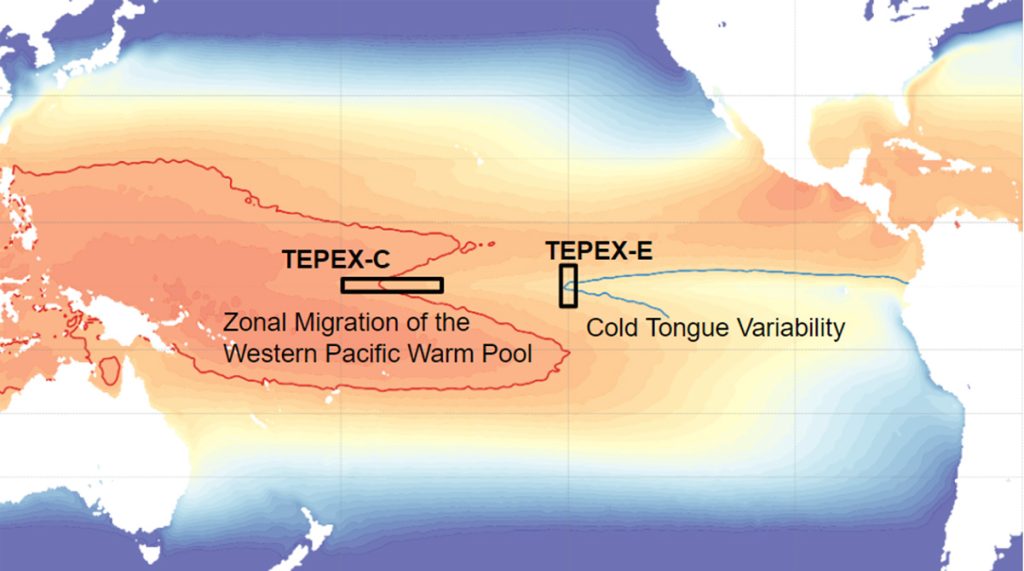
TEPEX emerged from wide discussions in the science community and was recommended by TPOS 2020 as an urgently needed action to advance our understanding and prediction of global variability from subseasonal to interannual timescales, and to inform the evolution of the sustained observing system. TEPEX provides opportunities for multidisciplinary studies of the tropical ocean and atmosphere. It is envisioned as an internationally collaborated and coordinated program and serves as the first field campaign of the WCRP Global Precipitation Experiment (GPEX).
Tropical Pacific Process Studies
In 2022, CVP funded 8 projects that align with one or both of the above studies.
Read a summary of each project, including the expected outcomes and a list of personnel.
Eastern Cold Tongue Region Projects
- Anna-Lena Deppenmeier, Mixing and upwelling processes in the Equatorial Pacific Cold Tongue
- Matthew Mazloff, Mixing processes and larger scale forcing of upwelling in the Tropical Pacific Ocean
- Andrew T. Wittenberg, Equatorial Pacific Climate Processes via Hierarchical Coupled Modeling
Central Region – Eastern Edge of the Warm Pool Projects
- Aneesh Subramanian, Reducing systematic errors in modeling the coupled ocean-atmosphere boundary layer
- Carol Anne Clayson, Field measurement strategy for the eastern edge of the warm pool in the tropical Pacific Ocean
Both Regions
- Hyodae Seo, Ocean-atmosphere-wave interactions in the Tropical Pacific
- Yolande Serra, Capabilities of Uncrewed Surface Vehicles to study ocean phenomena in a virtual setting
- Chidong Zhang, Combined Uncrewed Systems deployed in a modeling framework to study the Air-Sea Transition Zone
TEPEX Science Plan Point of Contact
- Chidong Zhang (NOAA Pacific Marine Environmental Laboratory; chidong.zhang@noaa.gov)
Monthly working group meetings
TEPEX PIs meet on a monthly basis to share updates on their projects, new ideas and planning for a future field campaign. Contact Charlotte Demott and Aneesh Subramanian
Scientific Community Engagement
TEPEX aims to engage with a broader scientific community to work towards a far-reaching partnership across NOAA, other federal agencies, and international stakeholders
- NOAA’s Precipitation Prediction Grand Challenge (PPGC) Strategy
- WCRP Lighthouse Activity Global Precipitation EXperiment (GPEX)
Community efforts work toward advancing…
Future Events
Join us at upcoming Workshops and Conferences
- Process Study Field Campaigns in the Tropical Pacific to Advance the Tropical Pacific Observing System and NOAA’s Precipitation Prediction Grand Challenge
Past Events
- 2024 Ocean Sciences Townhall (more information)
- 2024 AMS Townhall (more information)
- 2023 AGU Townhall (more information)
- Past workshops contributing to science planning –
Partners:
